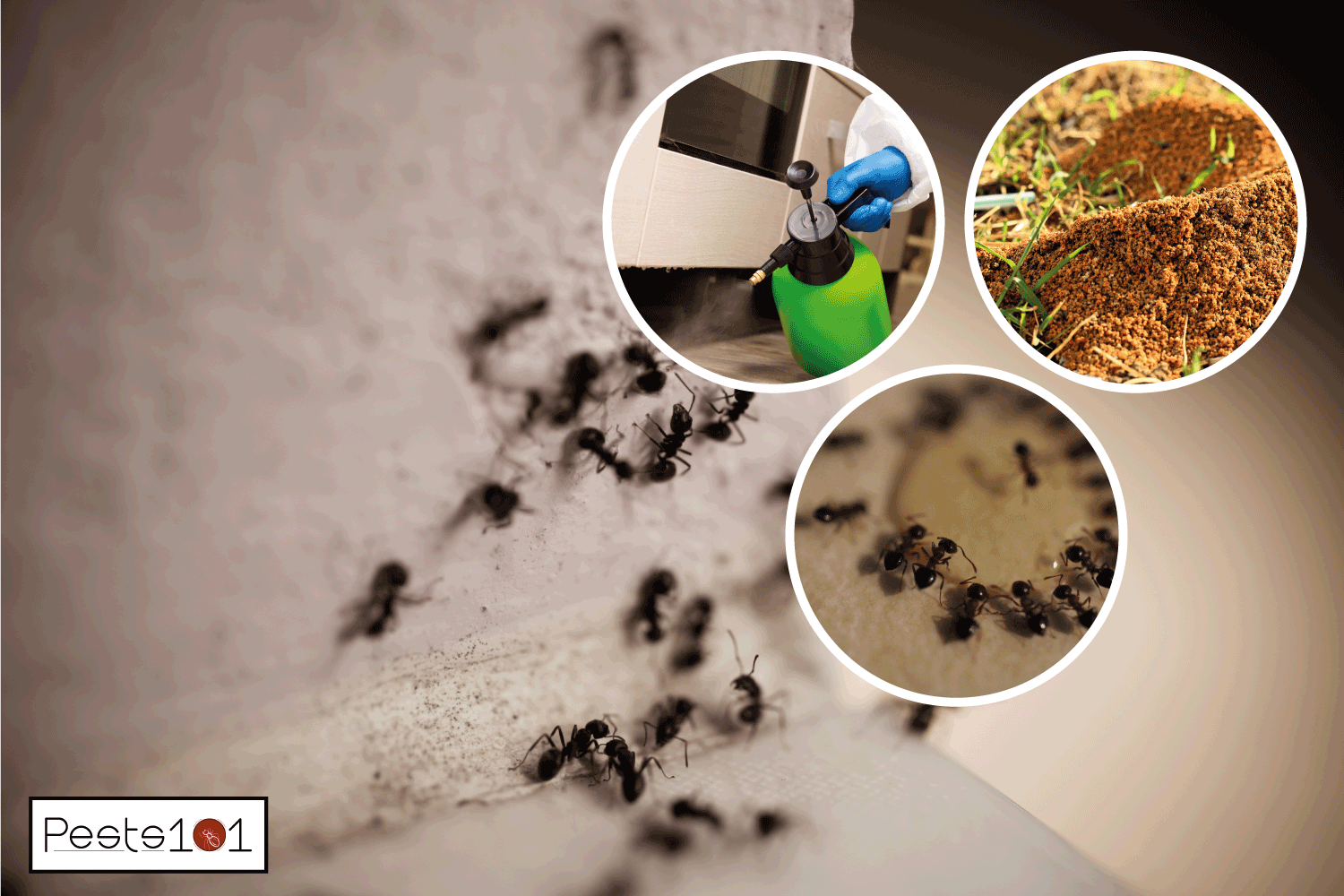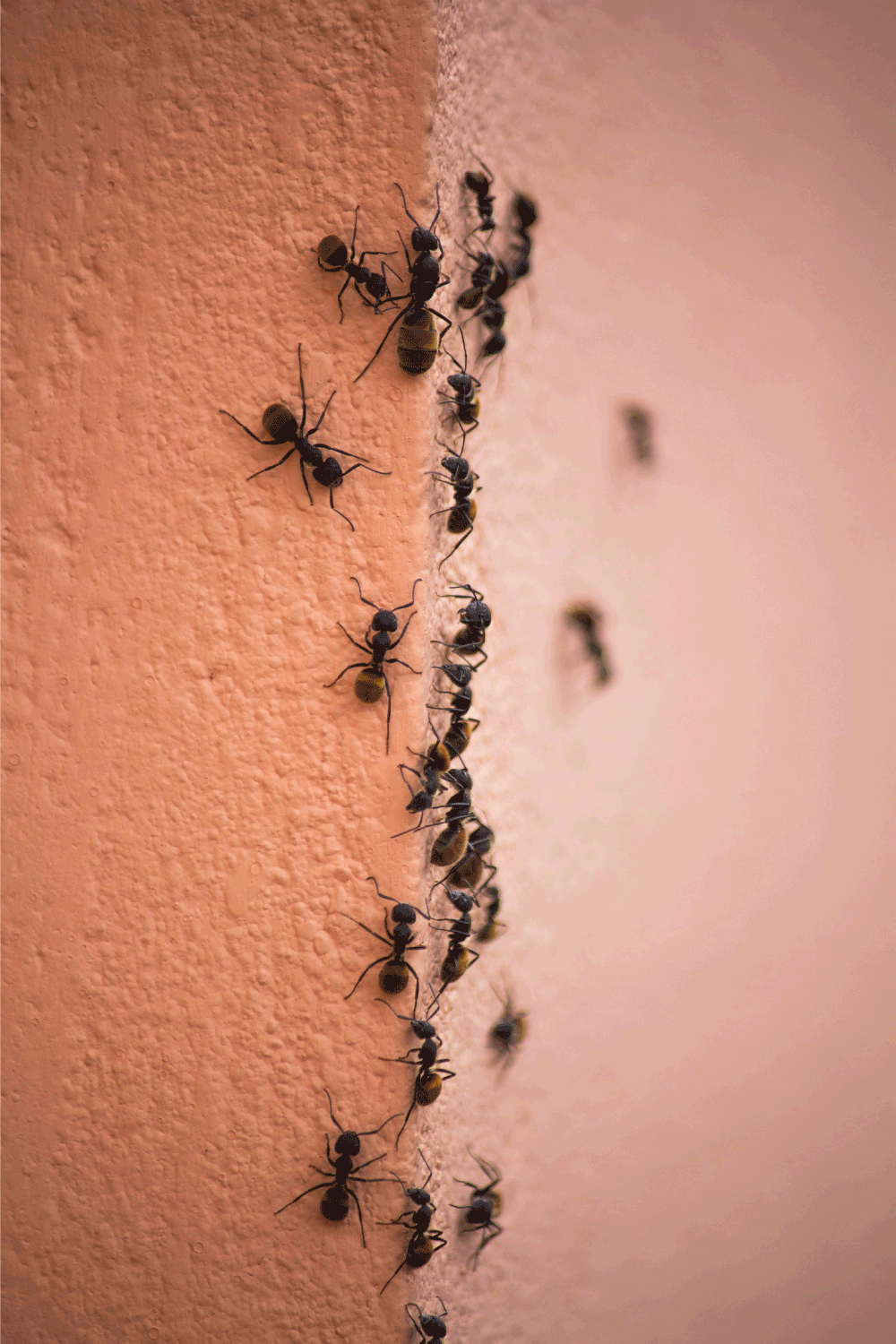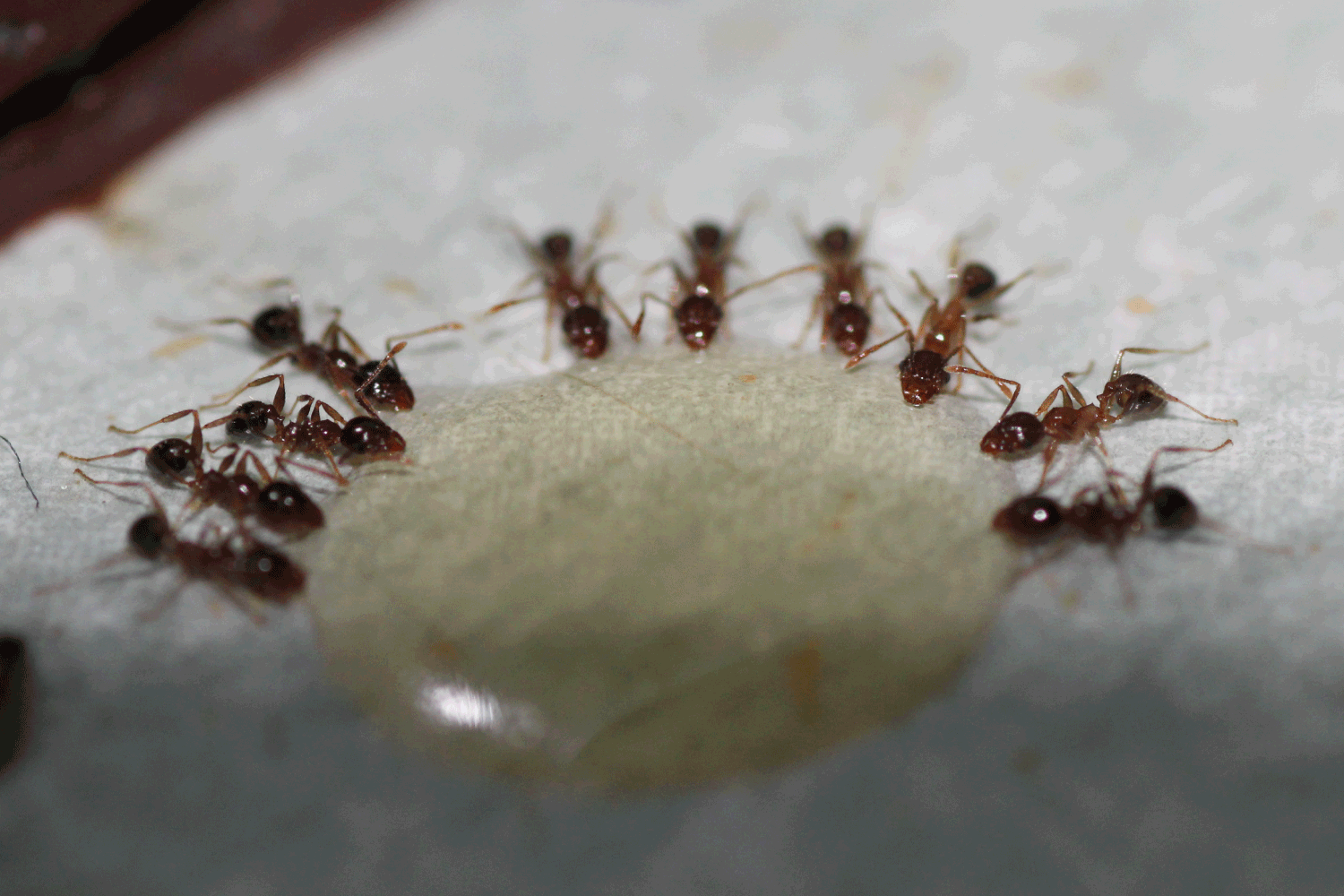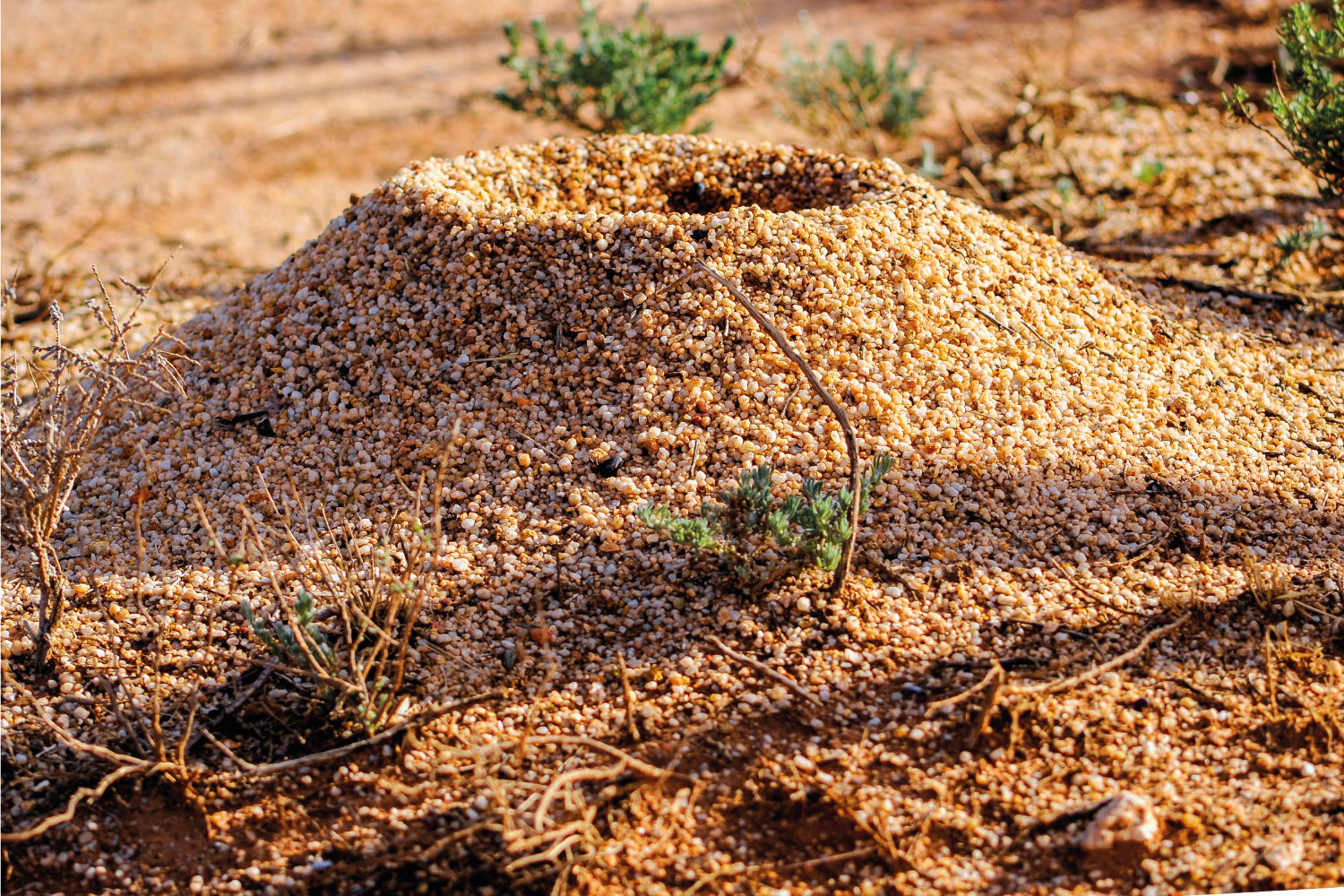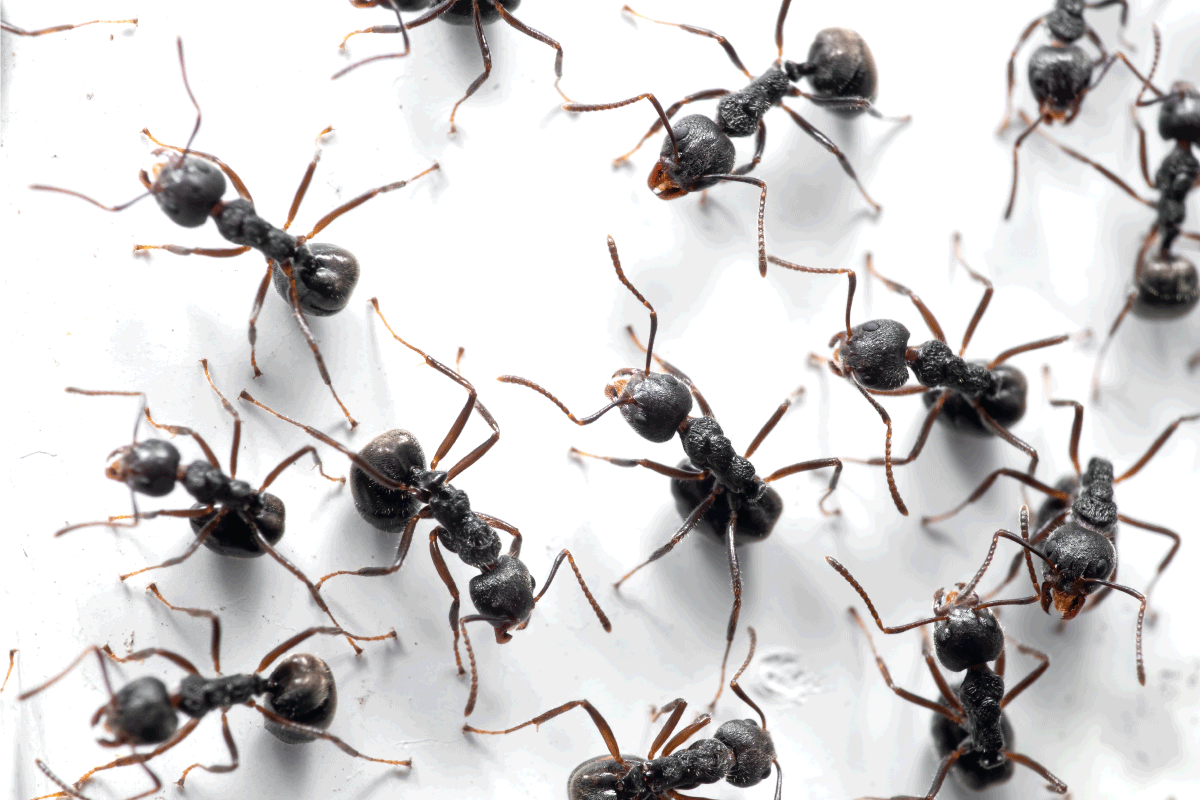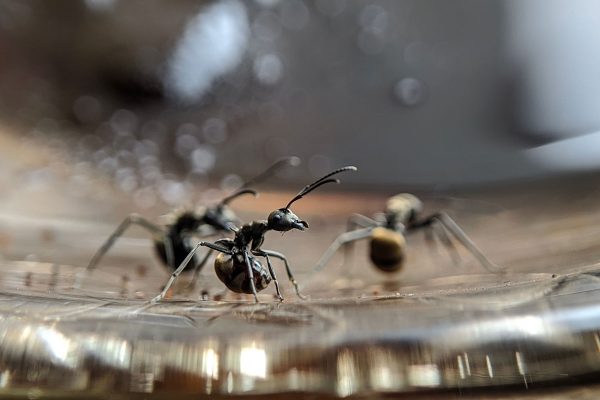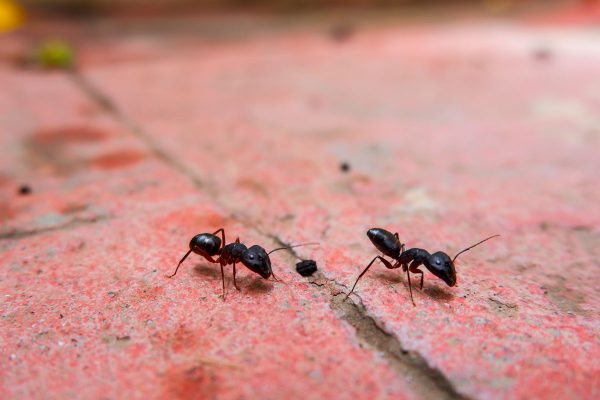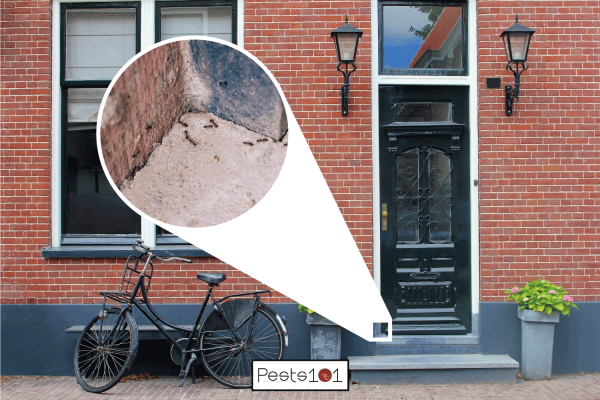Odorous ants are one of the most ubiquitous ant species that roam across a lot of houses. They smell like rotten coconuts when you crush them, and they like nesting in moisture-rich environments. If you find them lounging in your walls or wall voids, what can you do to address this? We have researched these answers to find out.
Here is how you can exterminate odorous ants on your walls:
- Use ant baits
- Apply insecticide to infested areas
- Locate and treat the nest
Odorous ants are generally harmless, but they are a nuisance, especially the way they smell when they are crushed. It's easier to secure your home than locate and get rid of pests. If you want to learn more about odorous ants and how to effectively eliminate them, keep reading below.
Odorous ants in the house - what to do?
Having ants around the house is often the result of an underlying issue. However, regardless of how well we maintain our households, ants always find their way even through the smallest cracks that are almost invisible to us.
Ants hunt for food that they can feed to their colonies and to their queen. They thrive in humid places since that's where the scent is strongest, and they hide in cabinet corners and wall voids.
There are various ways to get rid of these pests. You can either use store-bought baits, natural or homemade solutions, or chemical insecticides. Either way, your goal is to discourage them from entering your home or better yet, getting rid of their nest altogether.
Here are effective ways you can eliminate odorous ants in your home.
Use Ant Baits
An effective way to attract ants and bait them is to put sugar and protein in your traps. There are protein-based ant traps available on the market that can bait these pests, but you can make your own as well.
To do this, mix one-quarter tablespoons of boric acid powder and two tablespoons of sweetened jelly and pour them on wax paper. Line it up on the most infested areas of your home, and put this on potential entryways too. This can be holes and cracks that haven't been repaired.
The sweet scent of jelly will attract the ants, and the wax will trap them. After that, they will be poisoned by the boric acid, effectively eliminating them.
Apply Insecticide to Infested Areas
Discourage the ants from entering your home by lining their entryways with insecticide. You can use a chemical spray, or utilize spice scents that ants hate.
Sprinkle a thin line of either of the following on the ants' entryways:
- chalk powder
- cornmeal
- cinnamon
- dried mint
- baking soda
You can also try dabbing the area with a strong-scented liquid to discourage their trail. For example, you can dab a cloth submerged in a vinegar solution along the walls where the ants frequent, or you can fill a bowl with lemon juice and place it near the cracks and holes.
If you're worried about the scent, you can utilize essential oils by mixing half a teaspoon of essential oil with a gallon of water. Fill a spray bottle with this solution and spray this on high-traffic areas.
Locate and Treat the Nest
Locate the nest by following their trail when they start to collect food. You should see a clear line of ants entering and exiting through a hole. Bait them using sweets and scraps of food, then follow their trail until you spot an area with dead ants.
Odorous ants in particular often hide in crevices within walls or near sources of water. They may be nesting on pipes, heaters, wall voids, or decaying plants.
Once you have located the nest, treat it with either a commercial insecticide, or you can pour boiling water over them. You can also sprinkle the nest with baking soda which is poisonous to ants.
How To Avoid Ant Infestation
Preventing an ant infestation is simple, but it's challenging in a way that you don't know exactly where the problem lies until you've investigated it. This is why it's important to know the weak spots in your home so you can secure them immediately and discourage ants from nibbling around.
Here is how to prevent ants from becoming pests in your home.
Keep Your Home Clean
This one is a no-brainer: ants won't frequent your home if you don't leave crumbs of food littered across your home. The main objective of ants is to find food to give to their colonies and queen, and the more they find scraps, the more they will frequent your home regardless of how often you kill them.
Always keep sweet bits of food such as cereal, rice grains, and flour sealed in an airtight container. That way, ants will have no way of reaching them.
Read: "How to Get Rid of Black Ants in the Kitchen."
Secure Cracks and Holes
Ants are tiny creatures. They can and will enter through cracks and holes around your house, so it's best to keep everything sealed shut so pests won't have a chance to enter.
Ants often climb through windows, so caulk the edges and cover up holes using high-quality materials. Your pipes, cable, and door cracks are vulnerable entry points too, so you need to repair them if you see even the tiniest crack.
If somehow the ants manage to get through, make your house inhospitable to them by investing in a dehumidifier to keep your home dry and humid-free. Also, keep your walls dry by improving insulation.
Make a Tape Barrier
Surrounding entryways and perimeters with adhesive tape is a temporary solution, although it is very effective at keeping the ants at bay.
The method is simple: Surround your entryways or food pile with an adhesive tape with the sticky side up. This will trap the ants and prevent them from entering or infesting your home further, starving them and eventually letting them die.
Note that you still need to do additional measures to completely eliminate the ants. This will simply prevent their entry into one area, but colonies can operate in other spots in your home.
Trim Back Trees and Shrubs
Odorous ants can climb on trees and shrubs so they could get scraps of food from the kitchen. They will use branches as their bridge, then enter through the smallest hole in your house.
You can keep ants outdoors simply by trimming tree branches that ants will utilize, as well as thick shrubs where they may also be nesting underneath.
After trimming, make sure you secure your home by repairing cracks and locating their nest. Call pest control services if their nest is worse than you thought.
Do odorous ants carry diseases?
Although odorous ants do not carry diseases to humans themselves, they carry bacteria that can contaminate food. So if you notice them crawling over something you just made, you may need to throw it out since it's already been injected with dirt and bacteria--which could potentially make you sick.
You can experience flu-like symptoms if you ingested something that odorous ants have contaminated. For this reason alone, odorous ants can be a health risk and more than a smelly nuisance.
Read: "How Long do Black Ants Live?"
When should you call pest control?
You actually have to call pest control the moment you notice odorous ants trailing inside your house. This is because homemade preventative measures and commercial insecticides can only do so much--they won't be able to get to the root problem.
Professional exterminators can locate where their nest is and destroy it effectively. You may be able to locate the nest yourself, but exterminating it may be more challenging especially if it's situated within wall voids and pipelines.
These ants can even be found under floorboards and doormats, and if you don't have a strong stomach, you may not be able to stomach eliminating hoards of these critters and destroying the nest.
Professional exterminators will ensure that odorous ants will no longer be trailing in or around your house, making it a safer place to live.
Final Thoughts
Preventing ants and pests from entering your home is easier than exterminating them. Once they have made their nest, it's only a matter of time before they affect your life for the worse.
However, you can't always pay attention to the smallest cracks that form in your house. So when ants do start trailing, the wisest thing to do is attack the root cause and address it.

